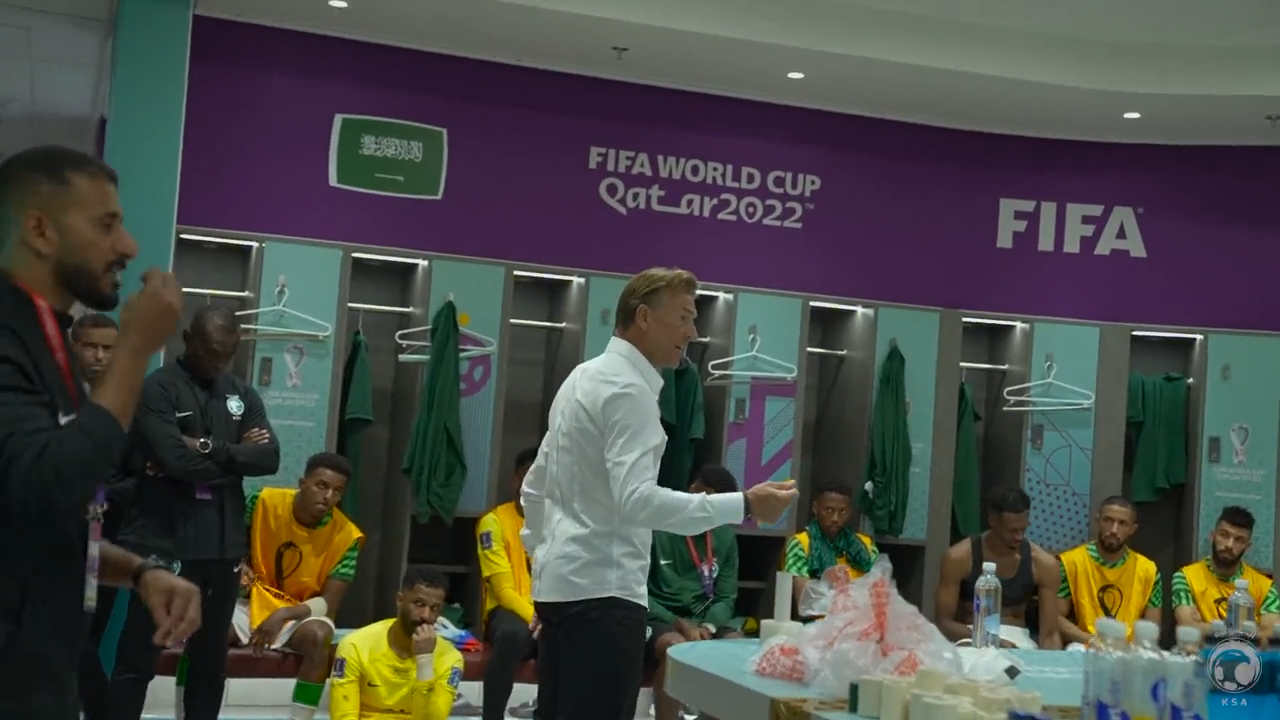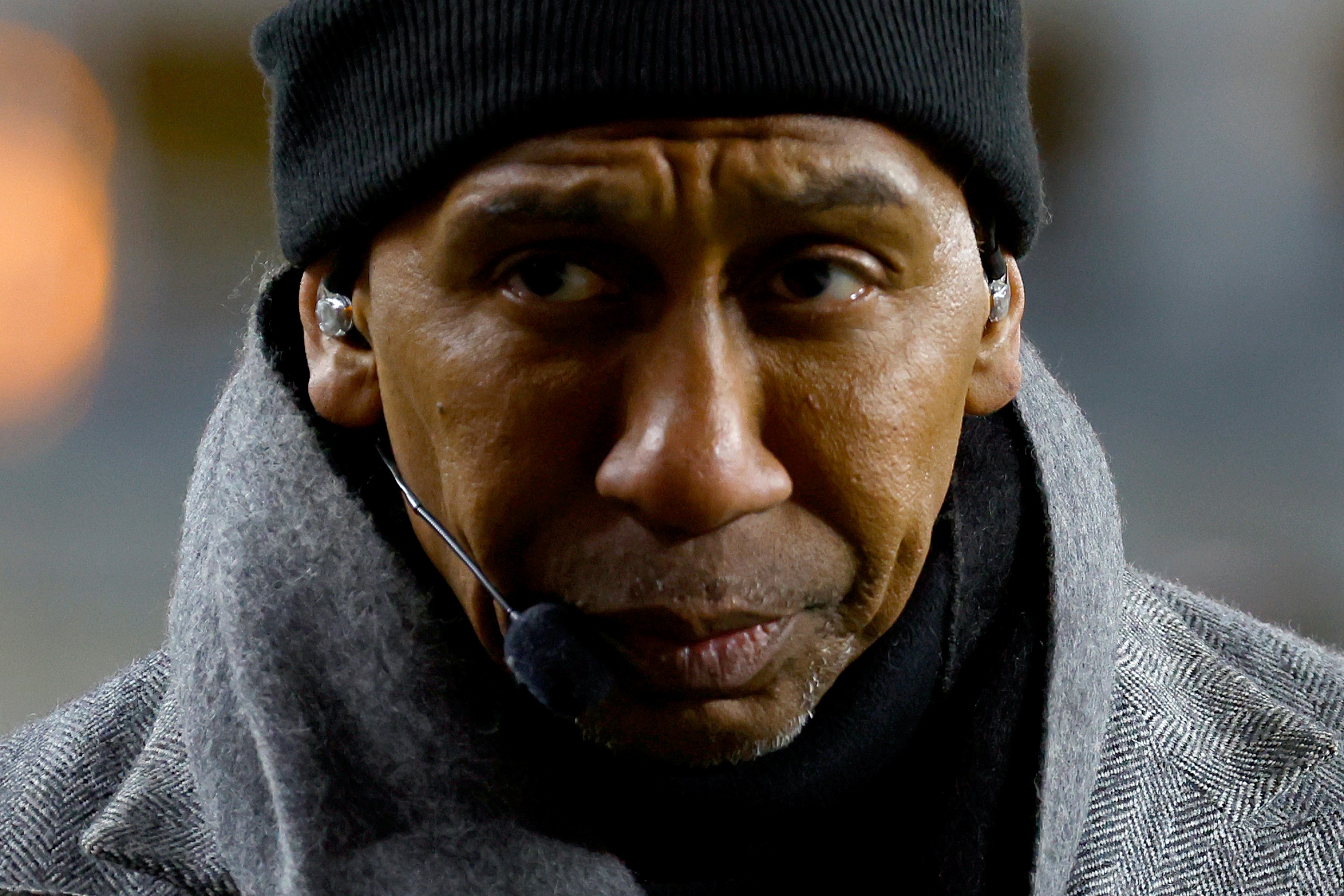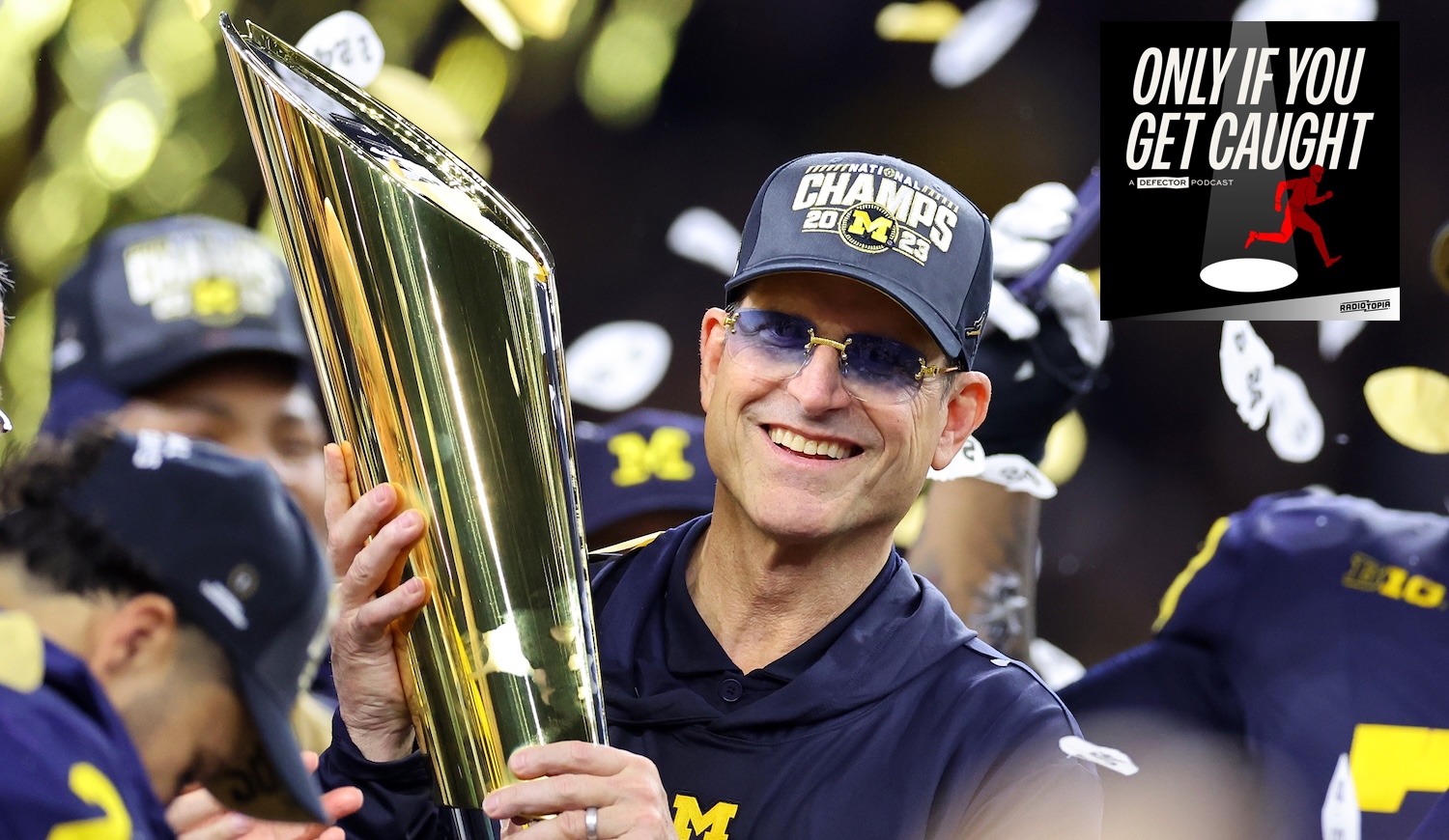Saudi Arabia concluded its time at the World Cup with its third and final match, a 2–1 loss to Mexico on Wednesday. The Green Falcons weren't good enough to advance out of the group stage, but they still accomplished one of the biggest upsets in the tournament's history. That might not have happened without a riveting halftime pep talk from the coaches.
In its first match on Nov. 22, the Saudi national team trailed Argentina 1–0 at halftime. The mood in the locker room was somber, as if the players expected this feeling to sit with them throughout their entire trip. Coach Hervé Renard, the hunky Frenchman with the crisp white shirt, recognized the gloom seeping in and delivered a motivational speech to get his team to realize that they were still very much in it.
Renard's big strategic criticism, at least from what was shown in the video, was calling out the lackluster defense of Argentina's star Lionel Messi. "Take your phone, you can make a picture with him if you want," the coach said sarcastically. Outside of that, he told his team to give more effort, to realize the stakes, to play their positions with intensity. These are mundane but sensible talking points, but what enhanced it all was that there was another guy in the locker room repeating Renard's words and matching his volume, but in Arabic.
It wasn't just any guy. As the video made its way around the internet, there were many references to this second person being a translator for the team, and jokes about him being an effective one. But the man playing backup to Renard appeared to be Mohammed Ameen, an assistant coach and former Saudi midfielder who played for the national team at the 2006 World Cup. Although he was being faithful to Renard's words, he also knew what he was talking about.
Arabic is a beautiful and extraordinary language, one that's enjoyable to listen to even when I'm not totally sure what's being said. Just by being around family over the years, I've picked up words and phrases, but recently I've made more of an effort to learn it properly on my own time. I wouldn't consider myself fluent, but I have a decent grasp on the basics and continue to practice regularly. Regardless of my current skill level, I feel confident in saying this: Being yelled at in Arabic can be a highly motivational tool, more invigorating than any smelling salts or energy drinks.
I also feel confident in saying this: It can be very funny to hear someone else get yelled at in Arabic. It's difficult to explain why Renard saying something like "You don't feel something?" doesn't hit as well as Ameen's repetition right after. There's something intangible added in the translation that gives it more potency. In this way, Arabic isn't unique; each language has its own idioms or sayings that make no sense when taken literally. For instance, there's a saying in Arabic that a person with "heavy blood" is irritating and bad at making jokes. A person with "light blood" is more pleasant to be around. This doesn't mean anyone's blood is actually denser, obviously; it's just a saying. When I once asked my mom to help me figure out the meaning, all she could do was laugh.
The Saudi coaches' pep talk wasn't merely entertaining; it was effective. Renard's players followed the plan and pressed Messi. Keeper Mohammed Al-Owais made some fantastic saves, and Saudi Arabia scored two goals in the second half. The Green Falcons beat Argentina. Argentina! Yelling in Arabic can accomplish anything.
After the victory, Saudi midfielder Abdulellah Al-Malki gave credit to Renard. "We have a crazy coach," Al-Malki reportedly said in an interview with the network Alkass Sports. "He motivated us during half-time, telling us stuff that made us want to eat the grass." I'm not familiar with that figure of speech, but I'd guess it sounded much better in Arabic.






